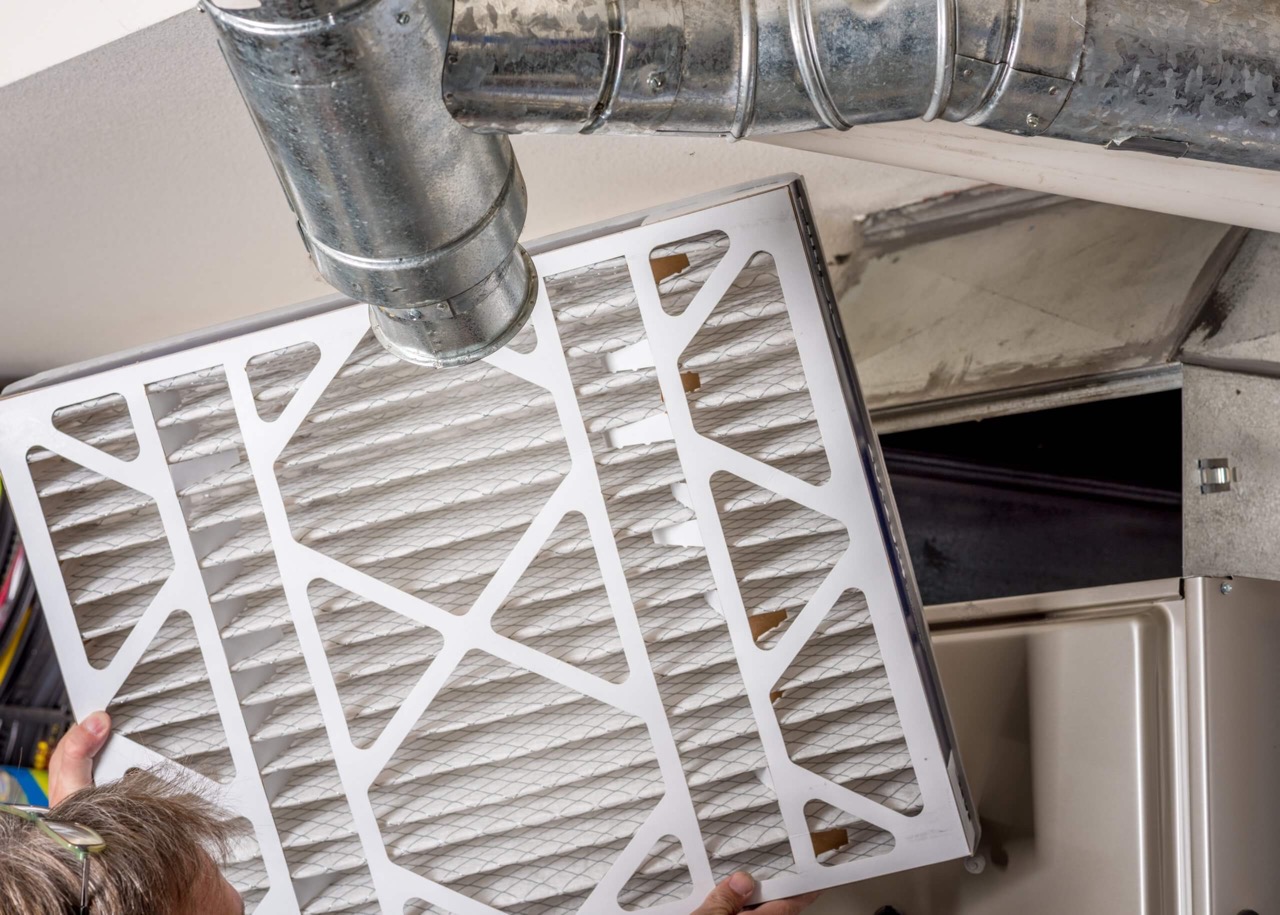

Articles
How Many Filters Does My HVAC Have
Modified: December 7, 2023
Discover how many filters your HVAC system has in this informative article. Learn why having clean filters is important for indoor air quality and the overall performance of your HVAC system.
(Many of the links in this article redirect to a specific reviewed product. Your purchase of these products through affiliate links helps to generate commission for Storables.com, at no extra cost. Learn more)
Introduction
An HVAC (Heating, Ventilation, and Air Conditioning) system is an essential component of any modern building, be it residential or commercial. It ensures that the indoor environment remains comfortable by regulating temperature, humidity, and air quality. One crucial element of an HVAC system is the filters.
Filters play a vital role in maintaining the indoor air quality by trapping pollutants, allergens, and dust particles. They prevent these contaminants from circulating throughout the living or working space, thereby improving the overall health and well-being of the occupants. Understanding how many filters your HVAC system has and their types enables you to ensure optimal performance and efficiency.
Key Takeaways:
- Understanding the different types of filters and considering various factors when determining the number of filters are essential for optimizing HVAC system performance and efficiency. Regular maintenance and timely replacement of filters are vital for the overall health and comfort of building occupants.
- Having multiple filters in your HVAC system offers several benefits, including enhanced air filtration, reduced allergens, improved energy efficiency, extended system lifespan, and better air distribution. Regular maintenance and timely replacement of filters are essential to reap these benefits.
Read more: How Many Watts Does An HVAC Use
What is an HVAC system?
An HVAC (Heating, Ventilation, and Air Conditioning) system refers to a system that provides heating, cooling, and ventilation to maintain a comfortable and healthy indoor environment. It consists of various components such as furnaces, air conditioners, heat pumps, ductwork, and thermostats, working together to regulate temperature, humidity, and air quality.
The heating component of an HVAC system typically uses either a furnace or a heat pump to generate warmth and distribute it throughout a building. The cooling component, on the other hand, uses an air conditioner or heat pump to remove heat from the indoor air and circulate cool air. Ventilation is responsible for bringing fresh outdoor air into the space and expelling stale air.
An HVAC system is designed to maintain consistent and comfortable indoor conditions, regardless of the external weather conditions. It ensures that the temperature is regulated to desirable levels, humidity is controlled, and filtered air is supplied throughout the building.
Proper ventilation in an HVAC system is critical as it helps remove odors, excess moisture, and indoor pollutants. It also maintains oxygen levels and controls the circulation of airborne contaminants. Without adequate ventilation, the air in a building can become stale and unhealthy, leading to various health issues and discomfort.
Overall, an HVAC system is essential for maintaining a comfortable living or working environment, promoting indoor air quality, and improving energy efficiency.
Importance of filters in HVAC systems
Filters play a crucial role in HVAC systems by improving indoor air quality and ensuring proper functioning of the system. They are responsible for removing airborne particles, such as dust, pollen, pet dander, mold spores, and bacteria, from the circulating air. Let’s explore the importance of filters in more detail.
Improved Indoor Air Quality: HVAC filters help capture and trap airborne contaminants, preventing them from circulating throughout the building. This is especially important for individuals who suffer from allergies, asthma, or respiratory conditions, as clean air can reduce symptoms and improve overall health.
Extended System Life: Filters help protect the HVAC system’s vital components, such as the blower motor and coils, from dust and debris. By preventing these particles from accumulating, filters can prolong the lifespan of the system and reduce the need for costly repairs or replacements.
Energy Efficiency: Clean filters allow for the proper airflow in the HVAC system, which helps it operate more efficiently. When filters become dirty and clogged, the system has to work harder to push air through, leading to increased energy consumption and higher utility bills. Regularly replacing or cleaning filters can help maintain optimal energy efficiency.
Reduced Maintenance: A properly functioning filter helps prevent dirt and debris from entering the system, reducing the need for frequent system cleaning. This can save time, money, and hassle associated with extensive maintenance procedures.
Prevention of System Failure: Filters act as a barrier, preventing larger particles from entering the system and causing potential damage. By keeping the system clean, filters can help prevent costly breakdowns and ensure the HVAC system operates smoothly.
Improved Comfort: Clean filters help maintain proper airflow in the HVAC system, ensuring consistent and balanced air distribution. This helps create a more comfortable indoor environment with even temperatures throughout the building.
Overall, filters are an integral part of an HVAC system, contributing to improved indoor air quality, energy efficiency, and system longevity. Regular maintenance and replacement of filters are essential to ensure their effectiveness and reap the many benefits they offer.
Understanding the different types of filters
When it comes to HVAC filters, there are several different types available on the market. Each type has its own unique characteristics and filtration capabilities. Understanding the different types of filters can help you choose the most suitable option for your HVAC system. Let’s explore some of the common types of filters:
- Fiberglass Filters: Fiberglass filters are the most basic and affordable type of filters. They are made of layered fiberglass fibers that trap larger particles but may have limited effectiveness against smaller particles. They are typically disposable and require replacement every 1 to 3 months.
- Pleated Filters: Pleated filters are made of a folded sheet of material, allowing for a larger surface area and improved filtration efficiency. They are effective in capturing smaller particles and have a higher dust-holding capacity compared to fiberglass filters. Pleated filters are available in various MERV (Minimum Efficiency Reporting Value) ratings, indicating their filtration efficiency. They typically require replacement every 3 to 6 months.
- HEPA Filters: High-Efficiency Particulate Air (HEPA) filters are top-of-the-line filters known for their exceptional filtration capabilities. They can capture over 99.97% of particles as small as 0.3 microns. HEPA filters are commonly used in environments that require high levels of cleanliness, such as hospitals and laboratories. They have a higher initial cost and may require more frequent replacement due to their high filtration efficiency.
- Electrostatic Filters: Electrostatic filters use an electrostatic charge to attract and capture airborne particles. They can be either disposable or washable. Disposable electrostatic filters have an electrostatic charge applied to synthetic fibers, while washable electrostatic filters have a permanent charge on reusable materials. They are effective at capturing smaller particles but may require more frequent cleaning or replacement to maintain their efficiency.
- Activated Carbon Filters: Activated carbon filters are designed to remove odors, gases, and volatile organic compounds (VOCs) from the air. They have a porous structure that allows the retention of various chemical pollutants. Activated carbon filters are often used in conjunction with other filters to enhance air quality in environments with specific odor or chemical concerns.
When selecting a filter for your HVAC system, consider factors such as the filtration efficiency, airflow resistance, and specific air quality concerns. Consulting with an HVAC professional can help you determine the most suitable filter type and rating for your system, ensuring optimal performance and healthier indoor air quality.
Factors to consider when determining the number of filters
The number of filters required for an HVAC system can vary depending on various factors, including the size of the system, the size of the space being served, and the specific needs and requirements of the occupants. Consider the following factors when determining the number of filters for your HVAC system:
- System Capacity: The size and capacity of your HVAC system play a significant role in determining the number of filters needed. Larger systems may require multiple filters to adequately filter the air as it passes through the system.
- Filter Size and Dimensions: Ensure that the selected filters match the dimensions and requirements of your HVAC system. Filters that are too small or too large may not fit properly, compromising their effectiveness and potentially reducing system efficiency.
- Space Size and Layout: Consider the size of the space being served by the HVAC system. Larger or multi-story buildings may require multiple filters strategically placed throughout the system to ensure proper air filtration and circulation.
- Occupant Needs and Air Quality Concerns: Take into account the specific needs and concerns of the occupants of the building. For example, individuals with allergies or respiratory conditions may require a higher level of air filtration. In environments with high levels of pollutants or contaminants, additional filters may be necessary.
- Desired Air Change Rate: Determine the desired air change rate for the space. The air change rate refers to the number of times the entire volume of air in a space is replaced in a given period. Higher air change rates may require additional filters to maintain optimal air quality.
- Filter Maintenance and Replacement: Consider the feasibility of maintaining and replacing the filters. Ensure that the number of filters chosen is manageable and does not pose a burden in terms of maintenance and cost.
It is advisable to consult with an HVAC professional to determine the appropriate number of filters for your specific HVAC system. They can assess the system capacity, space requirements, and occupant needs to provide guidance on the ideal number and placement of filters to ensure optimal air quality and system performance.
Check your HVAC system’s manual or contact the manufacturer to determine how many filters your system has. It’s important to regularly clean or replace these filters to maintain air quality and system efficiency.
Read more: How Many Amps Does An HVAC Use
How to determine the number of filters in your HVAC system
Determining the number of filters required for your HVAC system involves considering various factors specific to your system and space. By following these steps, you can effectively determine the number of filters needed:
- Refer to the system specifications: Consult the manufacturer’s specifications or the HVAC system documentation to determine the recommended number of filters for your specific system model. The manufacturer’s guidelines often provide valuable information regarding the filter requirements.
- Evaluate the air return locations: Identify the locations where air is being returned to the HVAC system. These are typically found in the form of return vents or grilles throughout the space. Count the number of return locations to get an initial estimate of the number of filters needed.
- Assess the system capacity and airflow: Consider the size and capacity of your HVAC system. Larger systems may require multiple filters to adequately handle the airflow rate. Consult with an HVAC professional to understand the system capacity and airflow requirements.
- Calculate the air change rate: Determine the desired air change rate for your space. This refers to the number of times the entire volume of air in a space is replaced within a given period. Higher air change rates may necessitate additional filters to maintain optimal air quality.
- Consider the space size and layout: Assess the size and layout of the space being served by the HVAC system. Larger or multi-story buildings may require multiple filters strategically placed throughout the system to ensure proper air filtration and circulation.
- Account for occupant needs and air quality concerns: Take into account any specific occupant needs or air quality concerns. Individuals with allergies or respiratory conditions may require a higher level of air filtration. In environments with high levels of pollutants, additional filters may be necessary.
- Consult an HVAC professional: If you are unsure about the number of filters required for your system, it is highly recommended to consult with an HVAC professional. They can assess your system, consider all the relevant factors, and provide expert advice on the ideal number and placement of filters.
By considering these factors and seeking professional guidance, you can accurately determine the number of filters needed for your HVAC system. Ensuring the right number of filters will not only improve air quality but also optimize system performance and efficiency.
Benefits of having multiple filters in your HVAC system
Having multiple filters in your HVAC (Heating, Ventilation, and Air Conditioning) system offers several benefits that contribute to improved indoor air quality and system performance. Let’s explore some of the advantages of having multiple filters:
- Enhanced Air Filtration: Multiple filters provide an additional layer of filtration, effectively capturing a greater range of airborne particles, including dust, pollen, pet dander, mold spores, and bacteria. This results in cleaner and healthier indoor air.
- Reduced Allergens and Airborne Contaminants: The use of multiple filters can help reduce allergens and other airborne contaminants, making the indoor environment more comfortable for individuals with allergies, asthma, or respiratory conditions.
- Better Air Distribution and Balance: Multiple filters ensure proper air distribution and balanced airflow throughout the space. This helps to maintain even temperatures and reduce the occurrence of hot or cold spots within the building.
- Improved Energy Efficiency: A well-maintained HVAC system with multiple filters operates more efficiently. By preventing dust and debris from accumulating on components, the system can work optimally, reducing energy consumption and minimizing utility bills.
- Extended System Lifespan: Multiple filters protect the HVAC system’s critical components, such as the blower motor and coils, from dust and debris. This helps to extend the lifespan of the system, reducing the need for costly repairs or premature replacements.
- Reduced Maintenance and Downtime: The use of multiple filters can decrease the frequency of maintenance and downtime. Clean filters prevent dirt and debris from entering the system, reducing the need for frequent system cleaning and minimizing potential breakdowns.
- Customized Filtration Options: Multiple filters allow for customized filtration options. For instance, you may choose to combine different types of filters, such as pleated filters and activated carbon filters, to address specific air quality concerns, such as odors or volatile organic compounds (VOCs).
- Flexibility and Scalability: Having multiple filters gives you the flexibility to adjust the filtration capacity based on changing needs. You can easily add or remove filters depending on factors such as occupancy levels, seasons, or indoor air quality requirements.
Overall, the use of multiple filters in your HVAC system provides numerous benefits, including enhanced air filtration, improved energy efficiency, extended system lifespan, and better air distribution. Regular maintenance and replacement of filters are essential to ensure their effectiveness and continue enjoying these advantages. Consult with an HVAC professional to determine the appropriate number and types of filters required for your specific system and space.
Tips for maintaining and replacing HVAC filters
Maintaining and regularly replacing HVAC (Heating, Ventilation, and Air Conditioning) filters is crucial for ensuring optimal performance, energy efficiency, and indoor air quality. Here are some tips to help you properly maintain and replace your HVAC filters:
- Follow a Regular Maintenance Schedule: Set a regular schedule to check and maintain your HVAC filters. Monthly filter inspections are recommended, but the frequency may vary depending on factors such as filter type, indoor air quality, and system usage.
- Clean or Replace Filters as Needed: Depending on the type of filters you have, they may either be disposable or washable. Disposable filters should be replaced when they appear dirty or at least every 1-3 months. Washable filters should be cleaned following the manufacturer’s instructions.
- Inspect Filters for Dirt and Debris: Regularly inspect your filters to check for dirt, dust, or debris accumulation. If the filters appear clogged or heavily soiled, they need to be cleaned or replaced promptly.
- Consider Upgrading to High-Quality Filters: Consider upgrading your filters to higher quality options, such as pleated filters or HEPA filters, for improved air filtration. Higher quality filters may have a longer lifespan and provide more effective filtration.
- Monitor Indoor Air Quality: Pay attention to signs of poor indoor air quality, such as excess dust, foul odors, or increased allergies. If you notice these symptoms, it may indicate that it’s time to replace or upgrade your filters.
- Check for Proper Filter Placement: Ensure that your filters are properly placed in the HVAC system. Improperly installed filters can result in air bypassing the filter, reducing filtration efficiency. Follow the manufacturer’s guidelines for correct filter placement.
- Keep Air Vents and Grilles Clean: Along with maintaining filters, it is essential to keep air vents and grilles clean. Regularly vacuum or dust these areas to prevent debris from entering the HVAC system and clogging the filters.
- Consider HVAC System Upgrades: If your HVAC system is outdated, it may be worth considering an upgrade. Newer systems often have advanced filtration options and built-in filter monitoring technology, making maintenance and replacement easier.
- Consult with HVAC Professionals: If you’re unsure about the maintenance or replacement procedures for your HVAC filters, don’t hesitate to consult with HVAC professionals. They can offer guidance specific to your system and help ensure proper filter maintenance.
Remember, maintaining and replacing HVAC filters is essential for the longevity and efficiency of your system, as well as for your indoor air quality. By following these tips, you can ensure that your HVAC filters are clean, functioning correctly, and providing the best air filtration possible.
Conclusion
HVAC filters play a crucial role in maintaining indoor air quality and ensuring the proper functioning of HVAC systems. Understanding the different types of filters and considering various factors when determining the number of filters are essential for optimizing performance and efficiency.
Having multiple filters in your HVAC system offers several benefits, including enhanced air filtration, reduced allergens, improved energy efficiency, extended system lifespan, and better air distribution. Regular maintenance and timely replacement of filters are vital to reap these benefits and ensure the overall health and comfort of building occupants.
By following a regular maintenance schedule, inspecting and cleaning or replacing filters as needed, and monitoring indoor air quality, you can effectively maintain and improve the performance of your HVAC system. Upgrading to high-quality filters and consulting with HVAC professionals can further enhance the air filtration and system efficiency.
Remember, clean and well-maintained filters ensure a healthier indoor environment, reduce energy consumption, and prolong the lifespan of the HVAC system. Take the necessary steps to properly maintain and replace your HVAC filters to enjoy cleaner air, improved efficiency, and better comfort in your home or workplace.
Investing time and effort in understanding and caring for your HVAC filters will result in long-term benefits for both your well-being and the performance of your HVAC system.
Frequently Asked Questions about How Many Filters Does My HVAC Have
Was this page helpful?
At Storables.com, we guarantee accurate and reliable information. Our content, validated by Expert Board Contributors, is crafted following stringent Editorial Policies. We're committed to providing you with well-researched, expert-backed insights for all your informational needs.
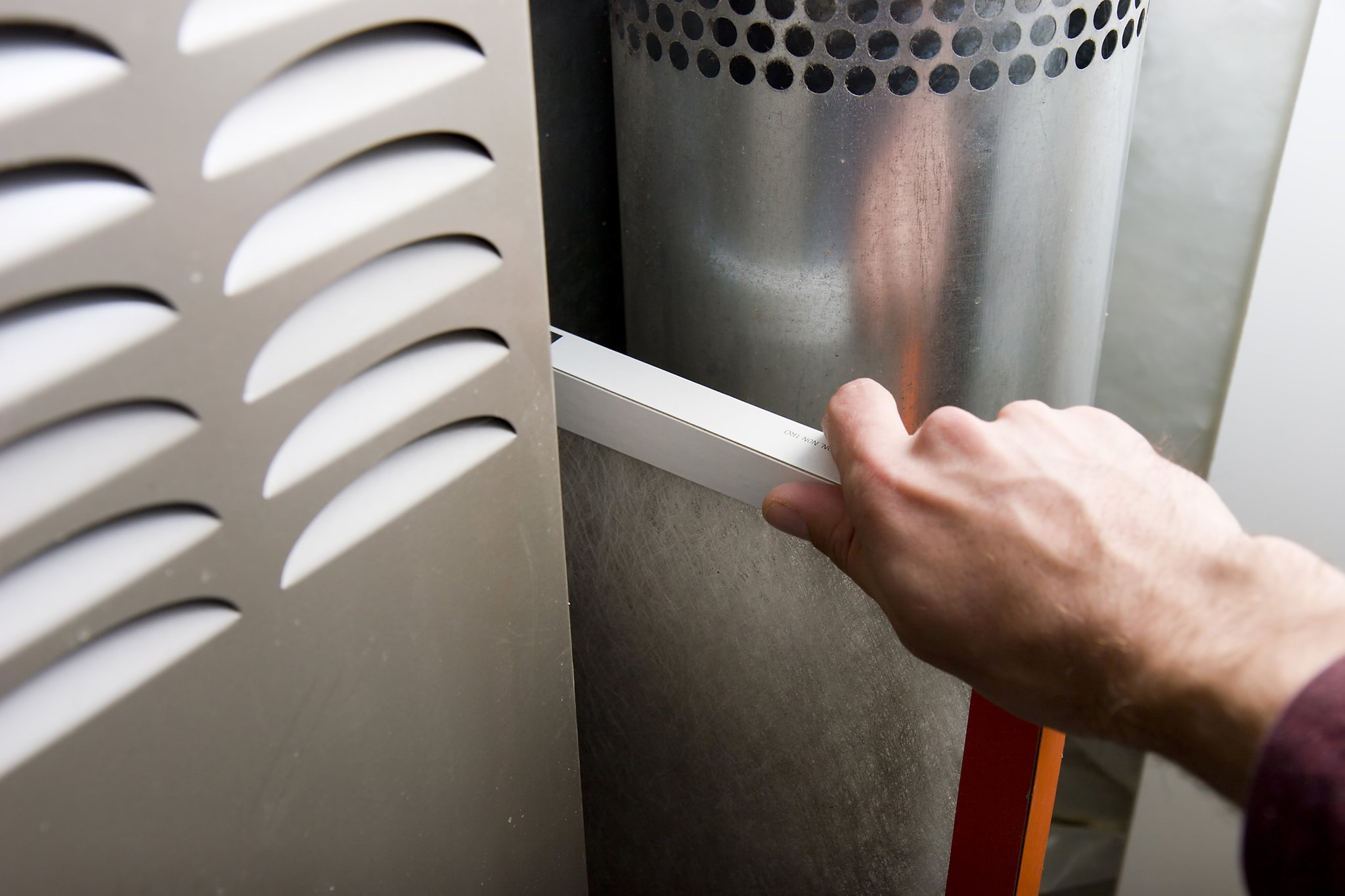
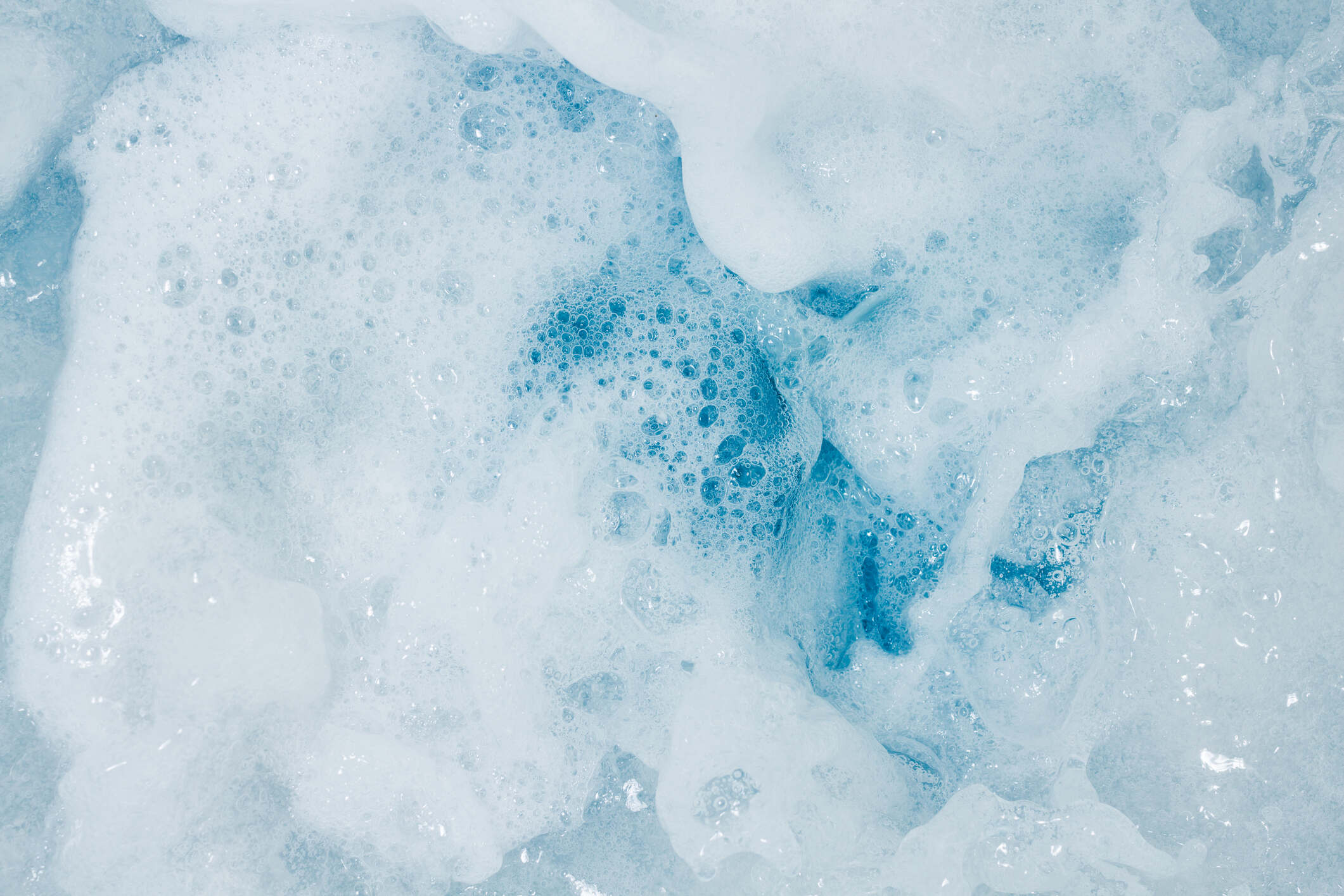


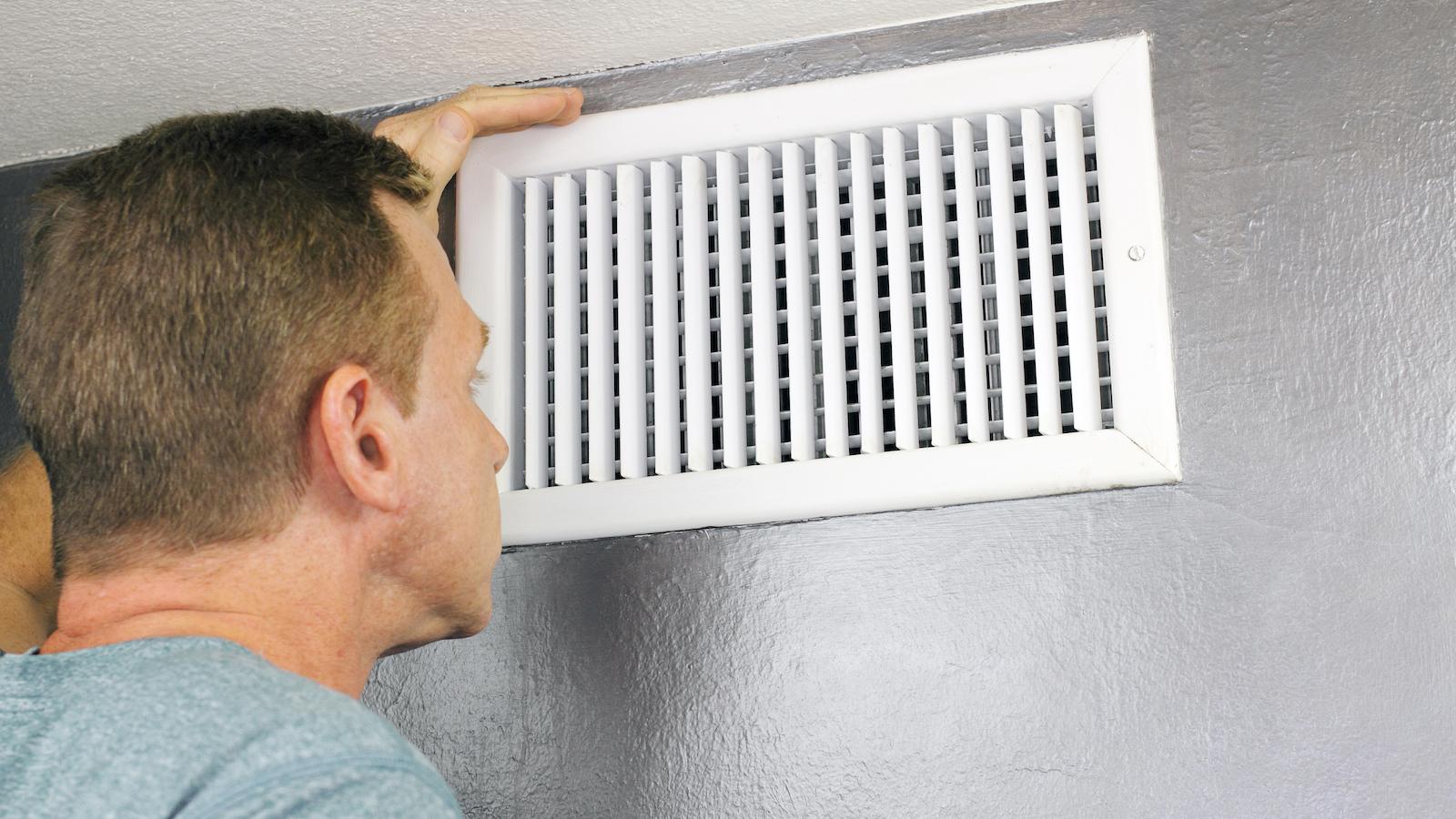


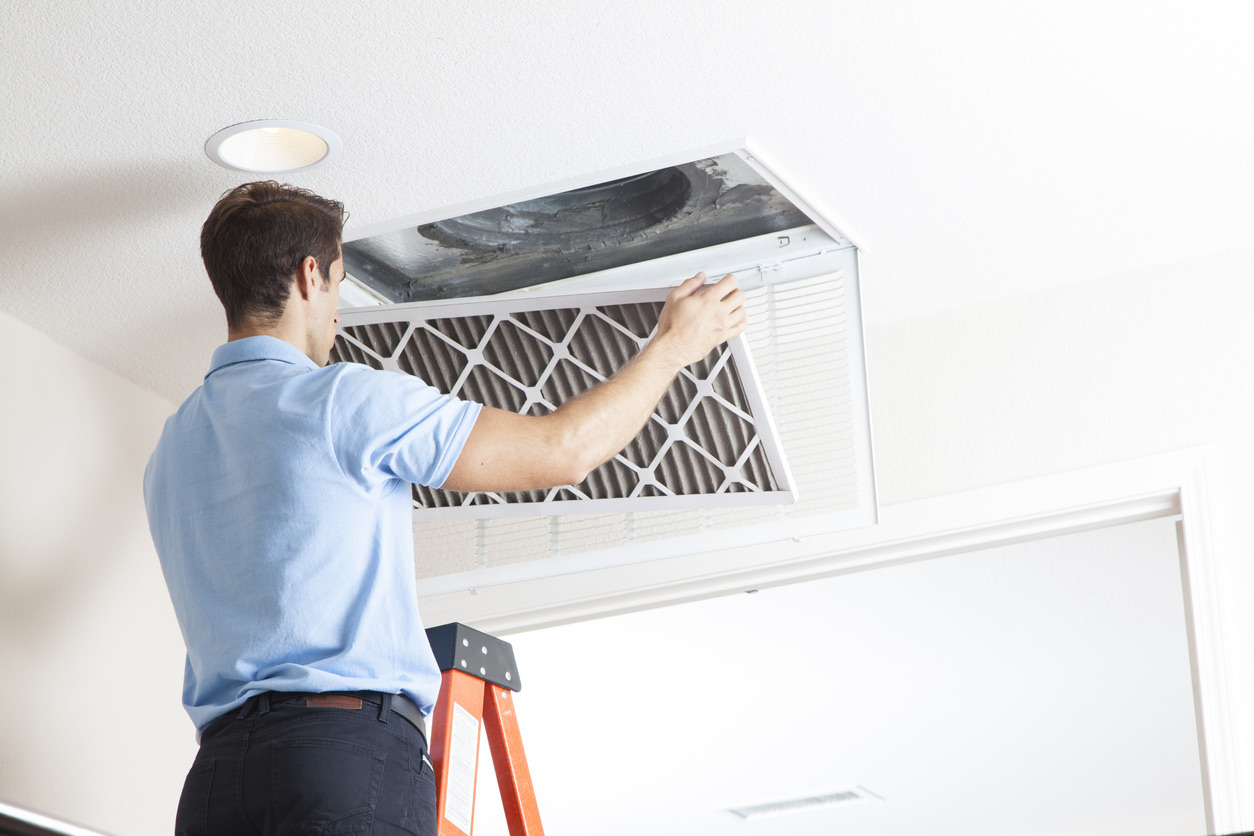
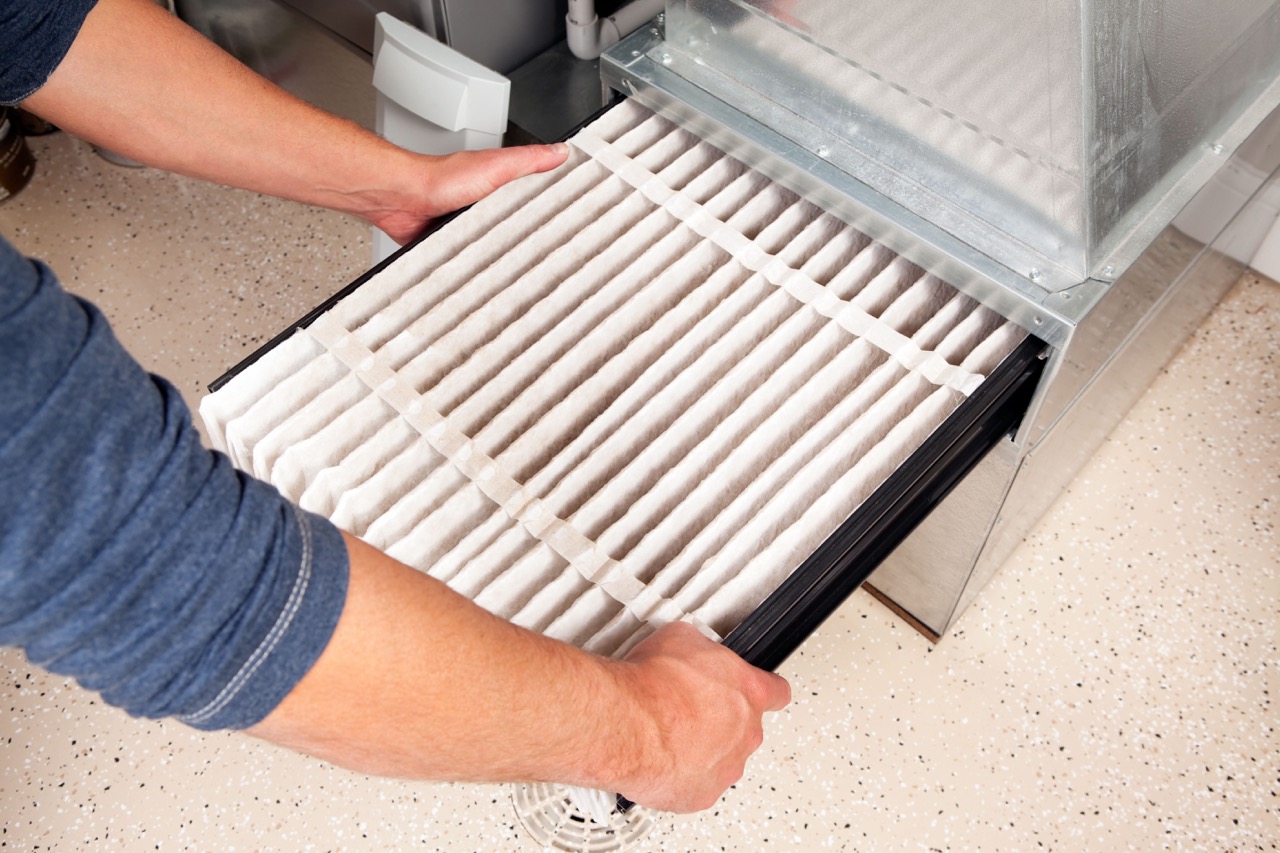
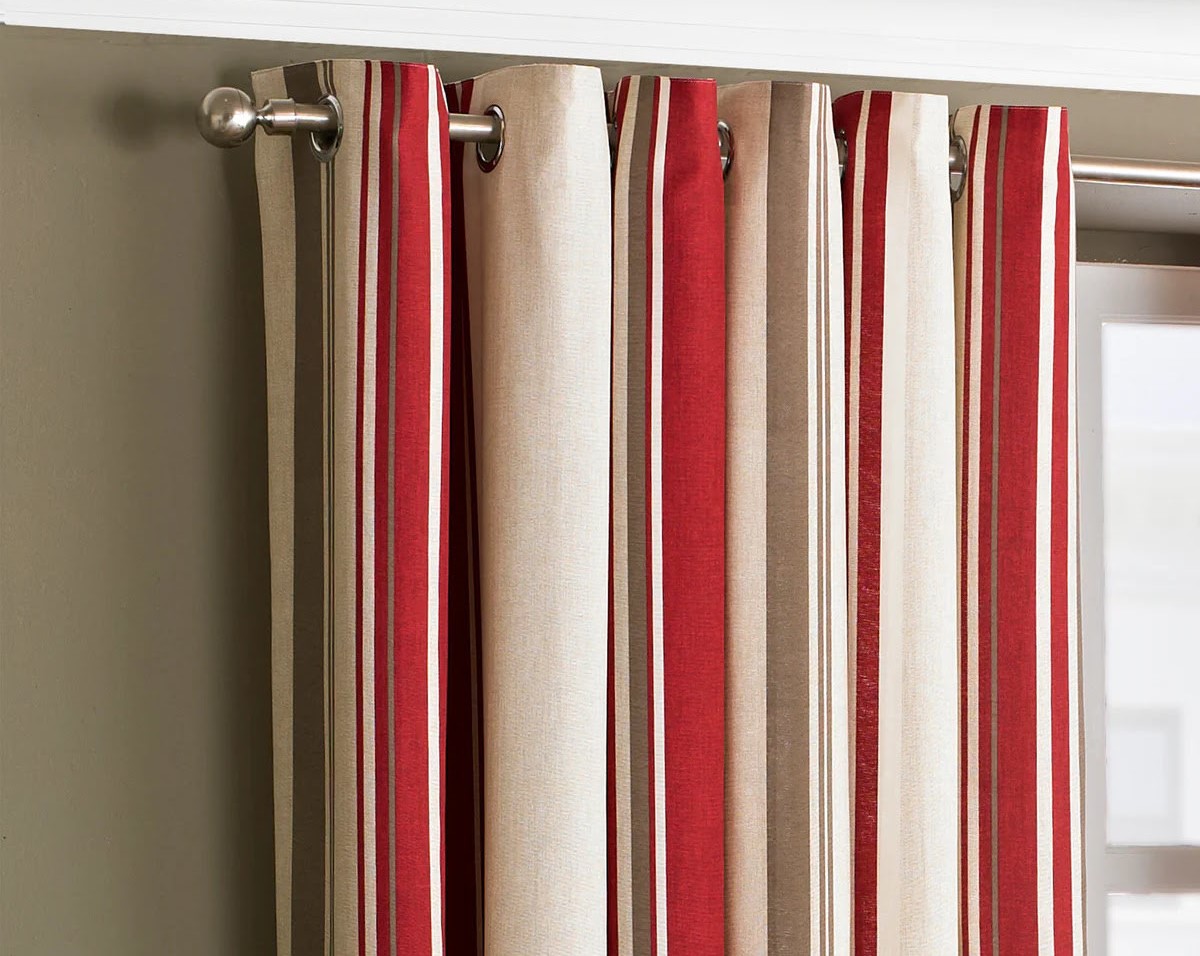
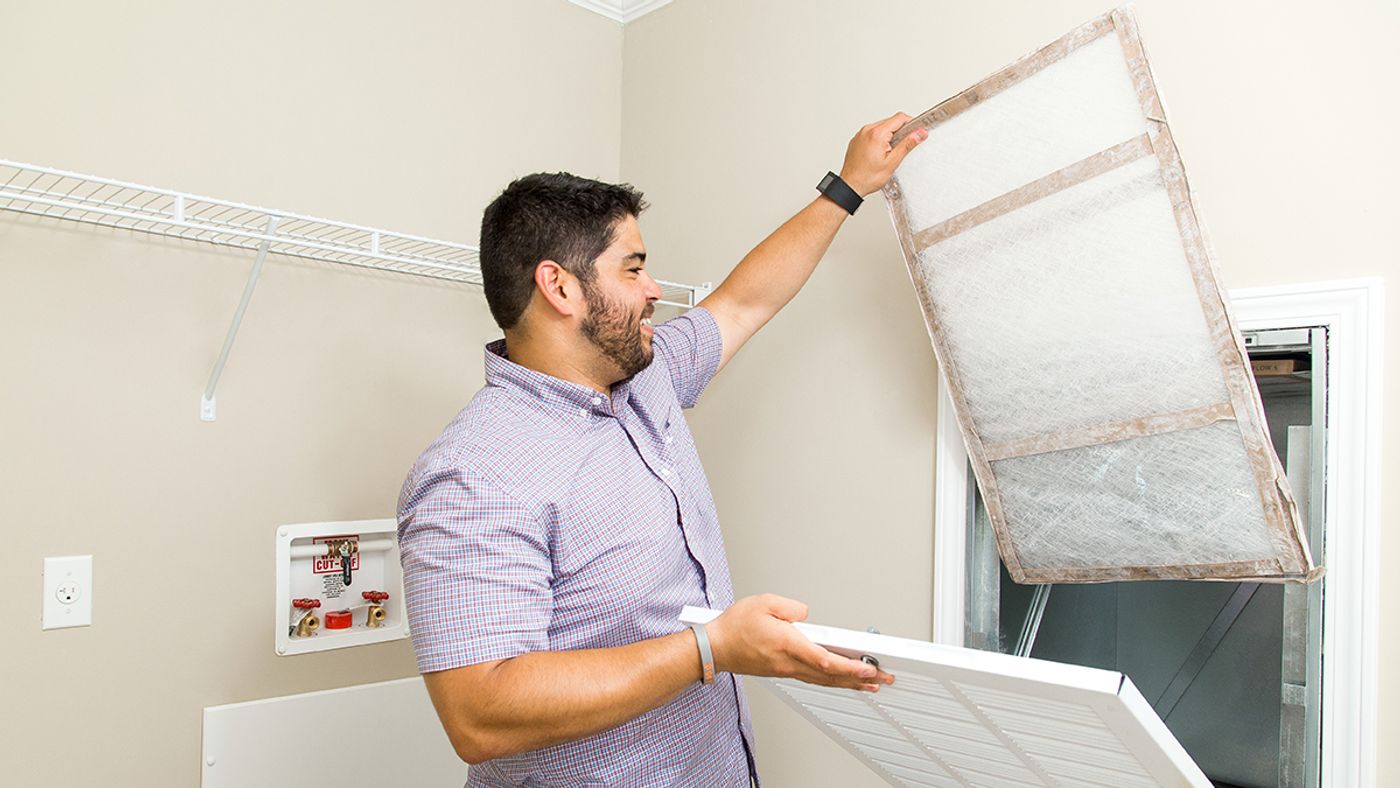
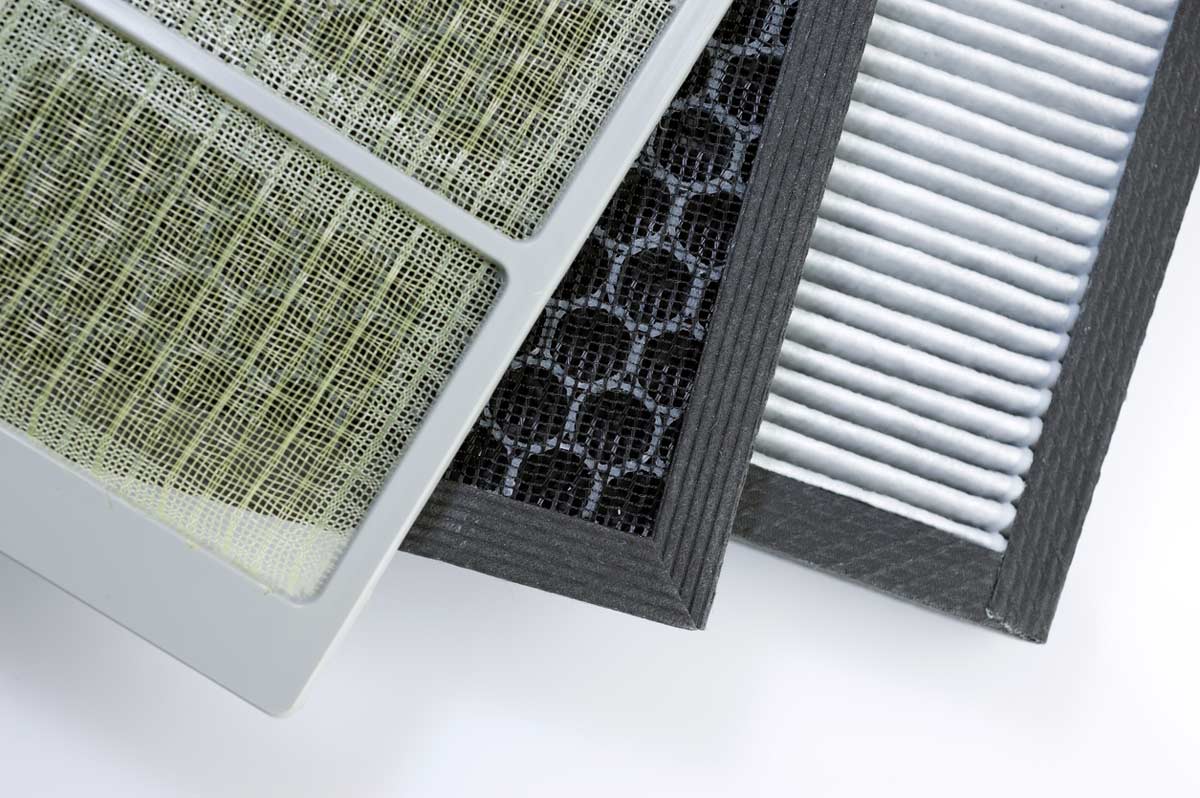
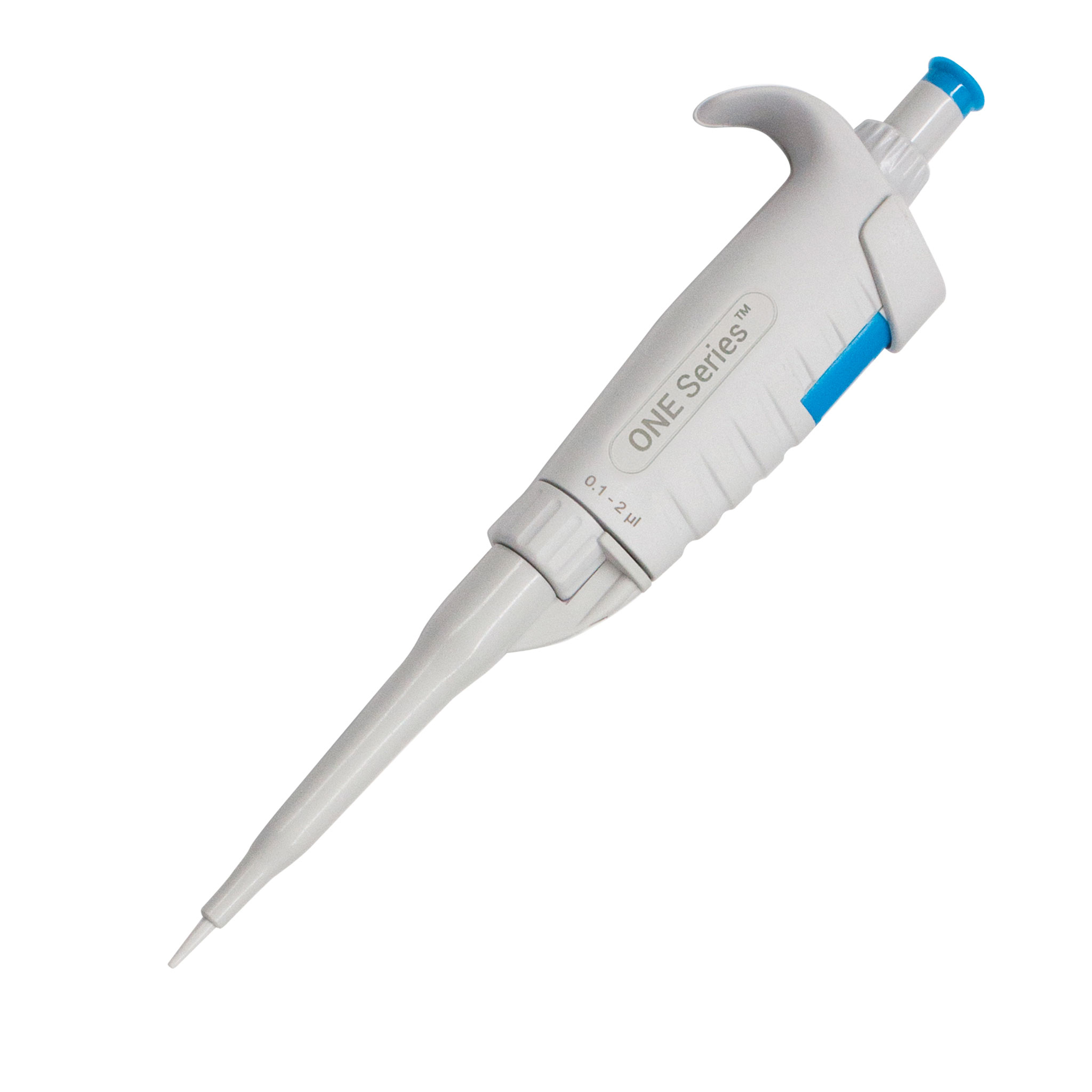
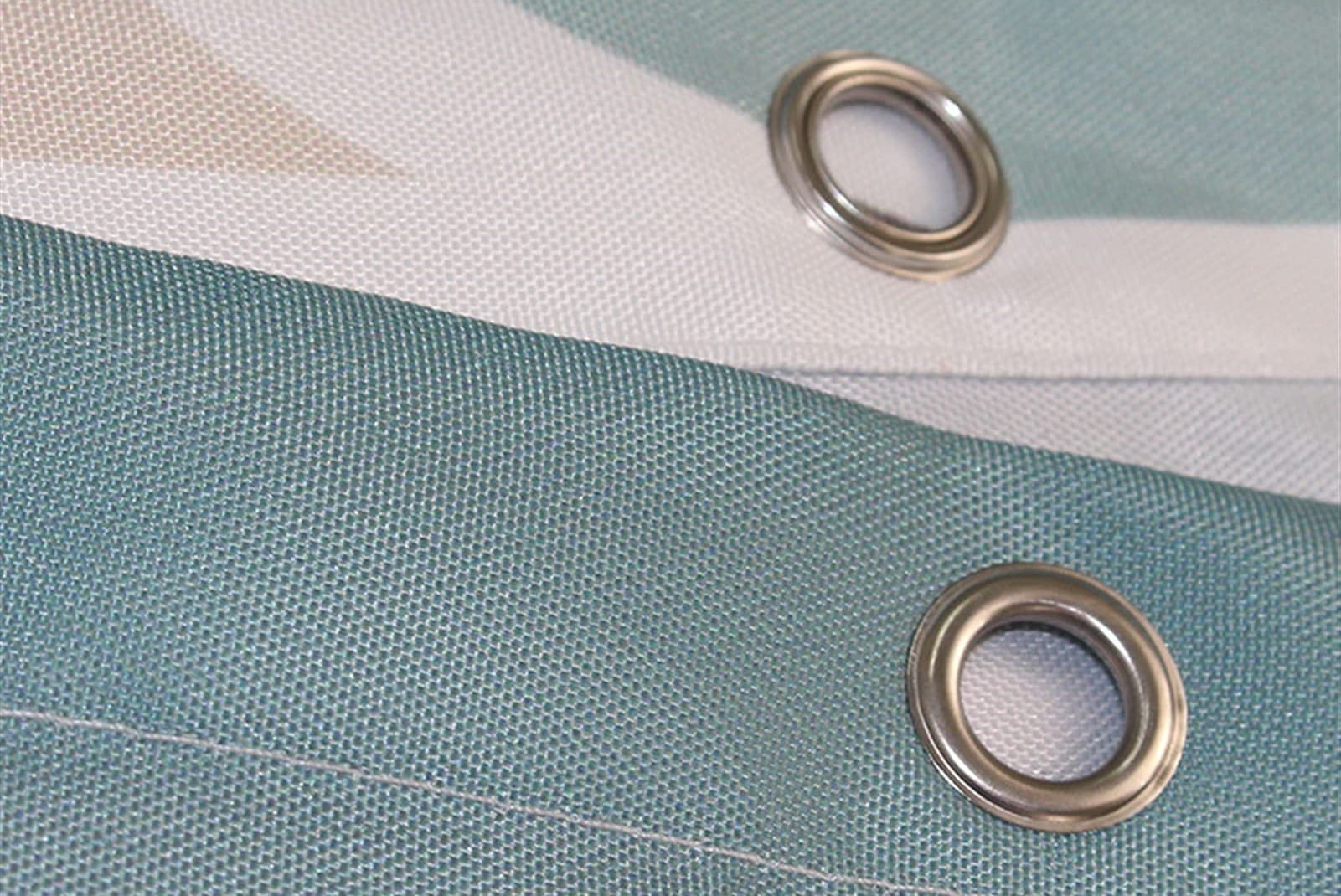

0 thoughts on “How Many Filters Does My HVAC Have”